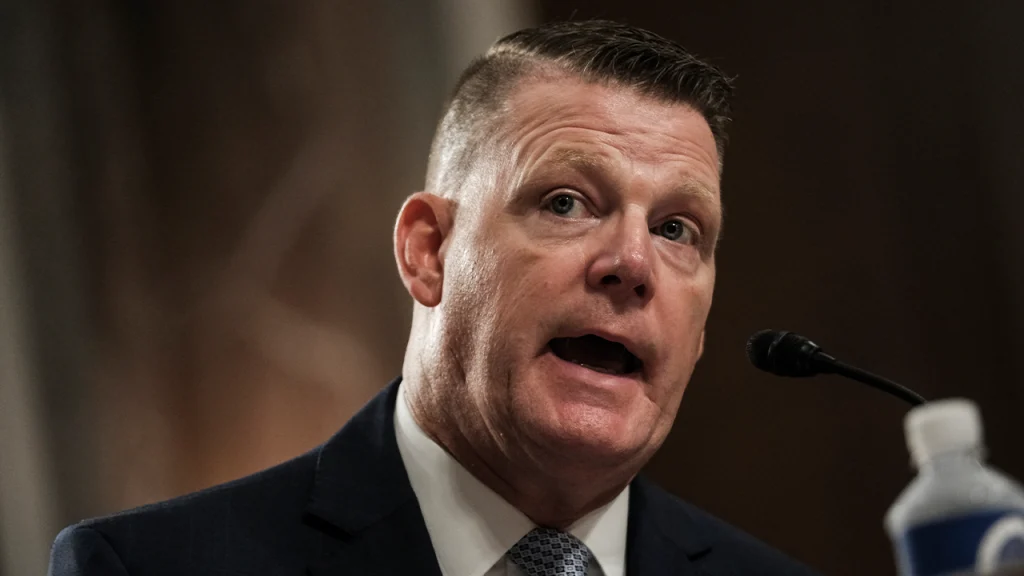The U.S. Secret Service (USSS) is conducting an internal investigation following the assassination attempt on former President Donald Trump at a campaign rally in Butler, Pennsylvania on July 13. Acting Director Ronald Rowe confirmed “communication deficiencies” that slowed the agency’s response when the gunman climbed up on a rooftop just outside the secure perimeter. There was an over-reliance on mobile devices, resulting in information being siloed and a failure to co-locate the security room with local law enforcement. The timeline of events showed split communications between radio and phone.
Former Secret Service Director Kimberly Cheatle resigned in the aftermath of the shooting, and at least five people were placed on administrative duty as investigations unfolded. Separate investigations are underway by the House and FBI. Gunman Thomas Matthew Crooks, 20, killed one spectator and injured two others while striking Trump in the ear. The suspect had a clear line of sight of the former president from an unprotected rooftop about 150 yards away. Acting Director Rowe described the agency’s preparation for the rally as “a failure” and stressed the need for a paradigm shift in operations in response to the evolving threat environment.
Rowe emphasized the importance of accountability for the failures on July 13 and the need to learn from those lessons to prevent similar mission failures in the future. The agency is moving into “the accountability phase” where actions are expected against officials who failed to secure the site. The Office of Professional Responsibility and the Office of Integrity are reviewing the findings to determine disciplinary actions for violations of policy. The agency has among the most robust table of penalties in the federal government.
On Sunday after the assassination attempt on July 13, USSS thwarted a second assassination attempt at the Trump International Golf Club in West Palm Beach, Florida. An agent on Trump’s protective detail spotted a rifle barrel poking out of the tree line along the perimeter and opened fire, causing the suspect to drop the gun and flee. Deputies later arrested a man named Ryan Routh who had camped out next to the fence for nearly 12 hours with a loaded SKS, a digital video camera, food, and other supplies before being spotted by the agent. Trump praised the agent for his quick and brave response.
In light of the failures and consequences of the assassination attempts on former President Donald Trump, the U.S. Secret Service is taking measures to address the communication deficiencies and other issues that led to the incidents. The agency is focusing on accountability and reviewing actions taken by officials to secure the sites. Lessons learned from these incidents will inform changes in operations to prevent similar mission failures in the future. The evolving threat environment requires a paradigm shift in how the Secret Service conducts its operations to ensure the safety and security of those under its protection.


